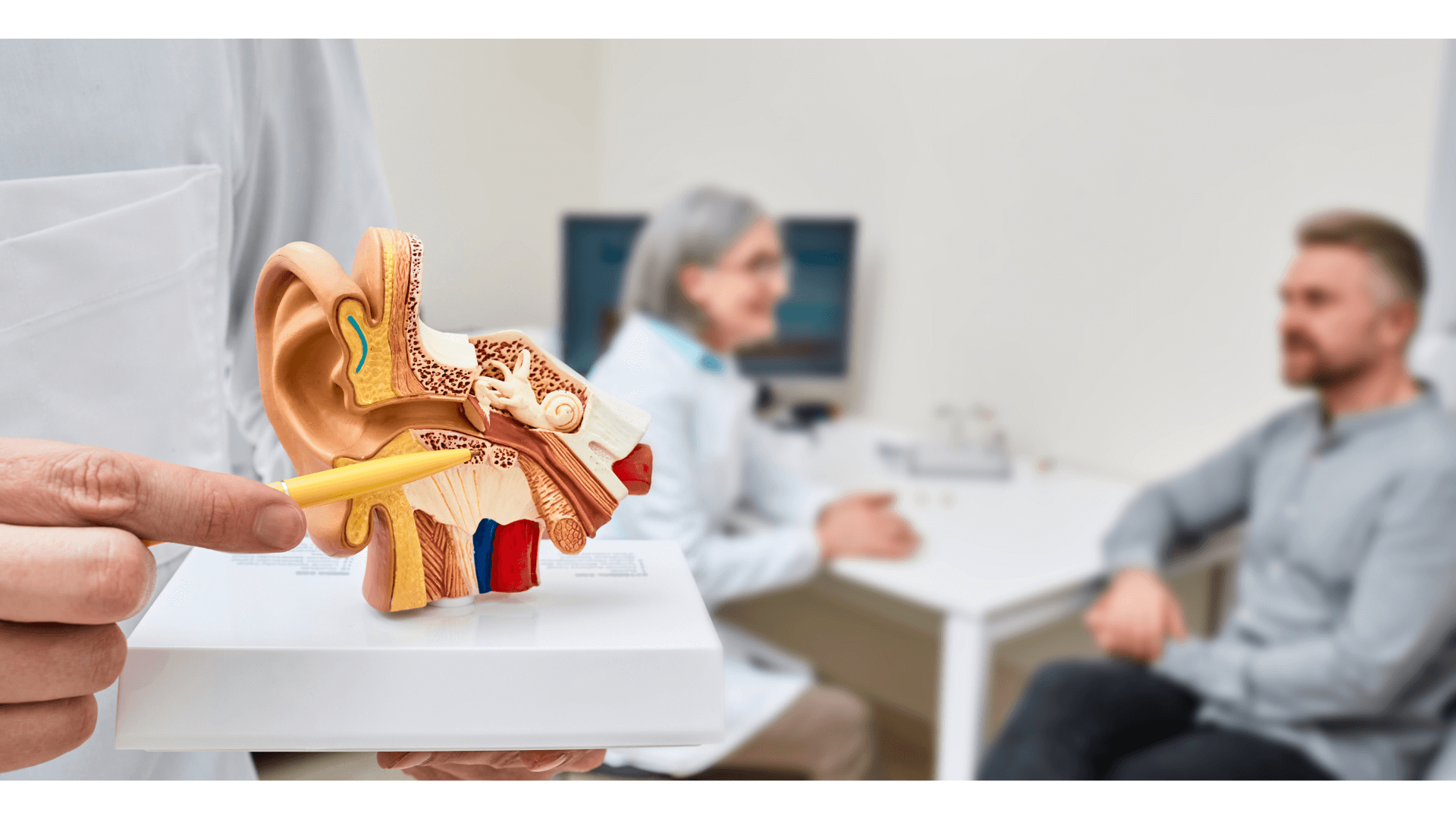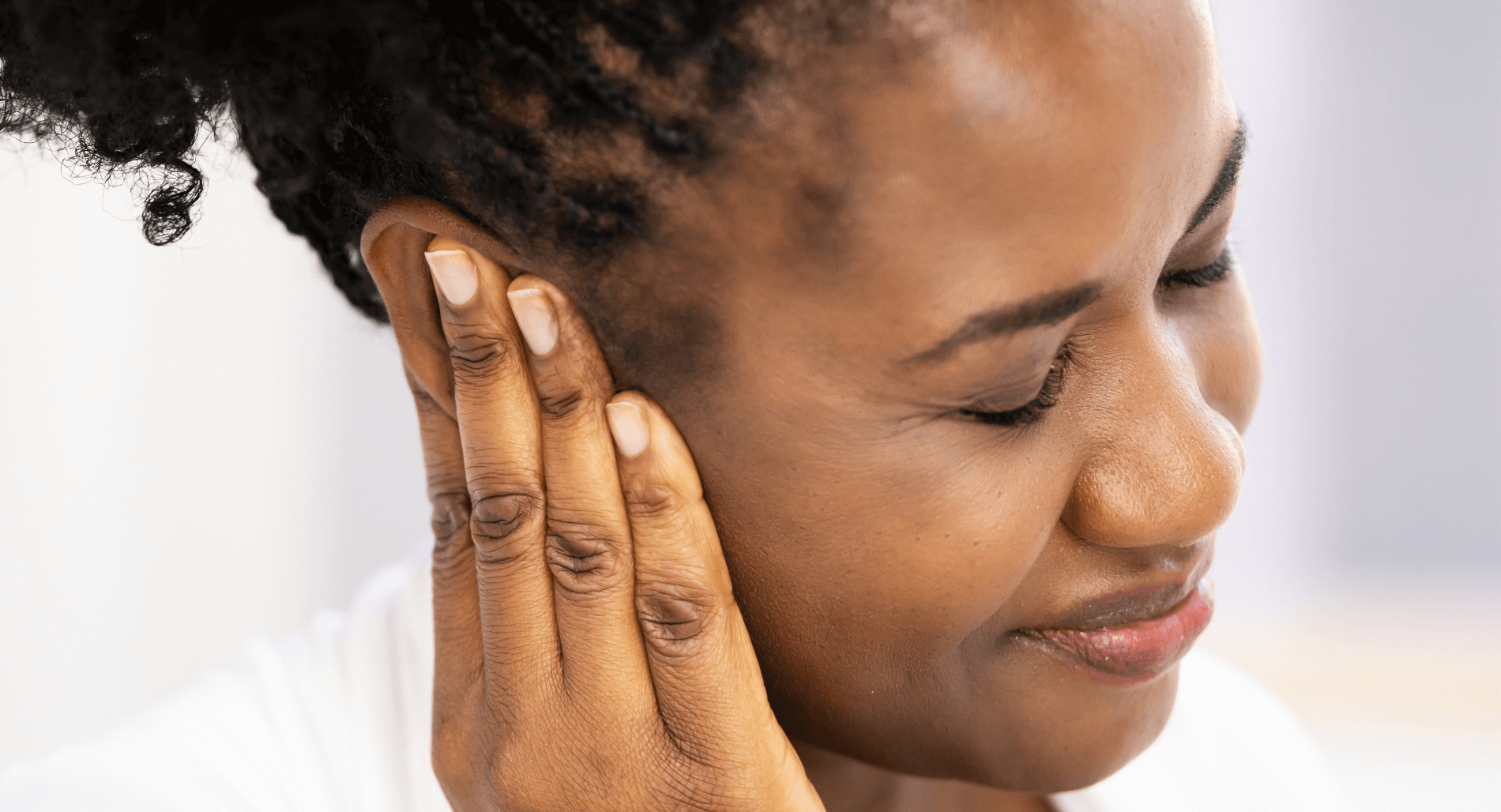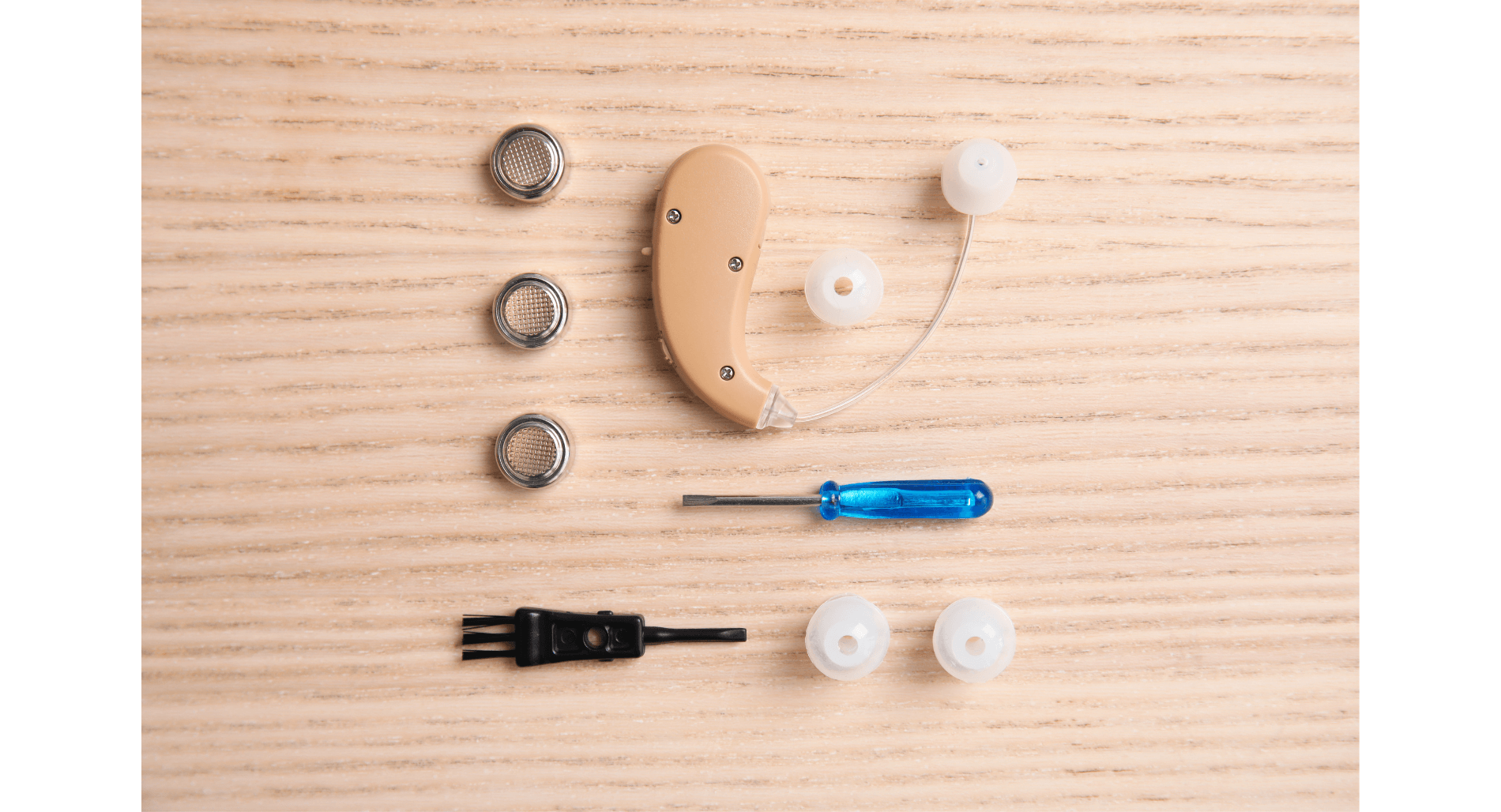
Nutrition isn’t just about maintaining a healthy weight or fueling our bodies. It also plays a significant role in supporting our auditory system. The food we consume can either bolster or hinder our hearing health, making it essential to understand the relationship between nutrition and auditory function. In this blog, we’ll explore the impact of nutrition on hearing health.
Essential Nutrients for Hearing Health
A well-balanced diet rich in essential nutrients is vital for maintaining optimal hearing health. Certain vitamins and minerals, such as vitamins A, C, and E, magnesium, zinc, and omega-3 fatty acids, play crucial roles in supporting the health of the auditory system. These nutrients contribute to the maintenance of the cochlea, auditory nerve, and other auditory structures, helping to preserve hearing function and protect against age-related hearing loss.
Antioxidants: Guardians of Auditory Health
Antioxidants are powerful compounds that help protect against oxidative stress, a process linked to cellular damage and aging. Vitamins C and E, in particular, act as potent antioxidants, neutralizing harmful free radicals and reducing inflammation in the inner ear. By incorporating antioxidant-rich foods like berries, citrus fruits, nuts, and leafy greens into your diet, you can provide your auditory system with valuable protection against oxidative damage and maintain optimal hearing health.
Omega-3 Fatty Acids: Nourishment for the Auditory System
Omega-3 fatty acids are essential nutrients known for their anti-inflammatory properties and cardiovascular benefits. Research suggests that these fatty acids may also play a role in preserving hearing health by improving blood flow to the inner ear and reducing inflammation. Fatty fish, flaxseeds, chia seeds, and walnuts are excellent sources of omega-3s, making them valuable additions to a hearing-friendly diet.
The Detrimental Effects of Sugar and Salt
While certain nutrients support hearing health, others can have adverse effects when consumed in excess. High levels of sugar and salt, commonly found in processed and packaged foods, have been linked to various health issues, including cardiovascular disease and diabetes. These conditions can indirectly impact hearing health by compromising blood flow to the inner ear and increasing the risk of vascular-related hearing loss. Limiting the intake of sugary and salty foods is crucial for preserving both cardiovascular and auditory health.
Proper hydration is essential for overall health, including optimal auditory function. Dehydration can impair blood flow to the inner ear, affecting the delivery of nutrients and oxygen to auditory structures. Additionally, adequate hydration helps maintain the viscosity of the cochlear fluid, which is essential for sound transmission and auditory processing. Drinking an adequate amount of water throughout the day supports hydration levels and promotes optimal auditory performance.
A balanced diet that emphasizes nutrient-dense foods is fundamental for supporting optimal hearing health. By prioritizing fruits, vegetables, lean proteins, whole grains, and healthy fats in your meals, you can provide your body with the essential nutrients it needs to thrive. Additionally, staying hydrated and minimizing the consumption of sugary and salty foods helps protect against hearing loss and promotes overall well-being.

A Comprehensive Look at Conductive Hearing Loss
Matthew Favinger, M.S., F-AAA

Why Your Ears Hurt
Matthew Favinger, M.S., F-AAA

